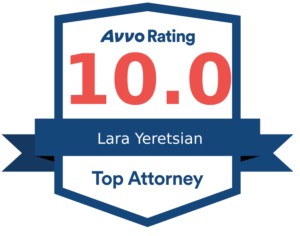We have all experienced unwanted phone calls telling us that our credit cards have been compromised or that we qualify for a “free cruise” or other perk. But there are some local businesses that still call potential clients to sell services such as auto glass repair or carpet cleaning. How can we tell the difference between an authentic call and a scam?
5 Ways to spot telemarketing fraud
While this is by no means an exhaustive list, here are five red flags that the call is not legitimate.
- You have to “act now” and send money or give your credit card or bank information to the caller.
- The company has been flagged by consumer protection agencies or has bad reviews on Google sites and chats.
- The gift, cruise or vacation is “free” but you will have to cover other vague fees such as “transfer fees” or “handling fees” or even postage which can be hundreds of dollars. If you must pay for the taxes on a “free prize” the offer violates federal law and is illegal.
- The offer is for a select, secret few. It offers high profits at a high risk.
- The company has no written information or references and is not listed with the Better Business Bureau or other established consumer information agency.
Know what to look for
Here are three things to know when dealing with an unfamiliar company or even a business claiming to be a charity.
- You should only pay for a service after you have received it. Always make a copy of any contract before you sign and return it.
- If the company wants to send a messenger to your home to pick up the money they may be trying to “cover their tracks.” Asking you to pay by check-by-phone, iTunes cards or money wire transfers are serious red flags that the company is not legitimate.
- You should be able to get the salesperson’s name, address, phone number and business address and business license number before you commit to anything. You can then check to ensure these are legitimate. If you cannot verify that any of this information is accurate or real, do not make the transaction.
What to do if you suspect a scammer
The National Consumers League (NCL) as well as FBI.gov both offer information on businesses to watch out for. If you have been a victim of a scam report it as soon as possible to your local, state or federal law enforcement agency. Remember : If you are called you can always take time to think about an offer, say no, or, if you are feeling pressured, hang up.




